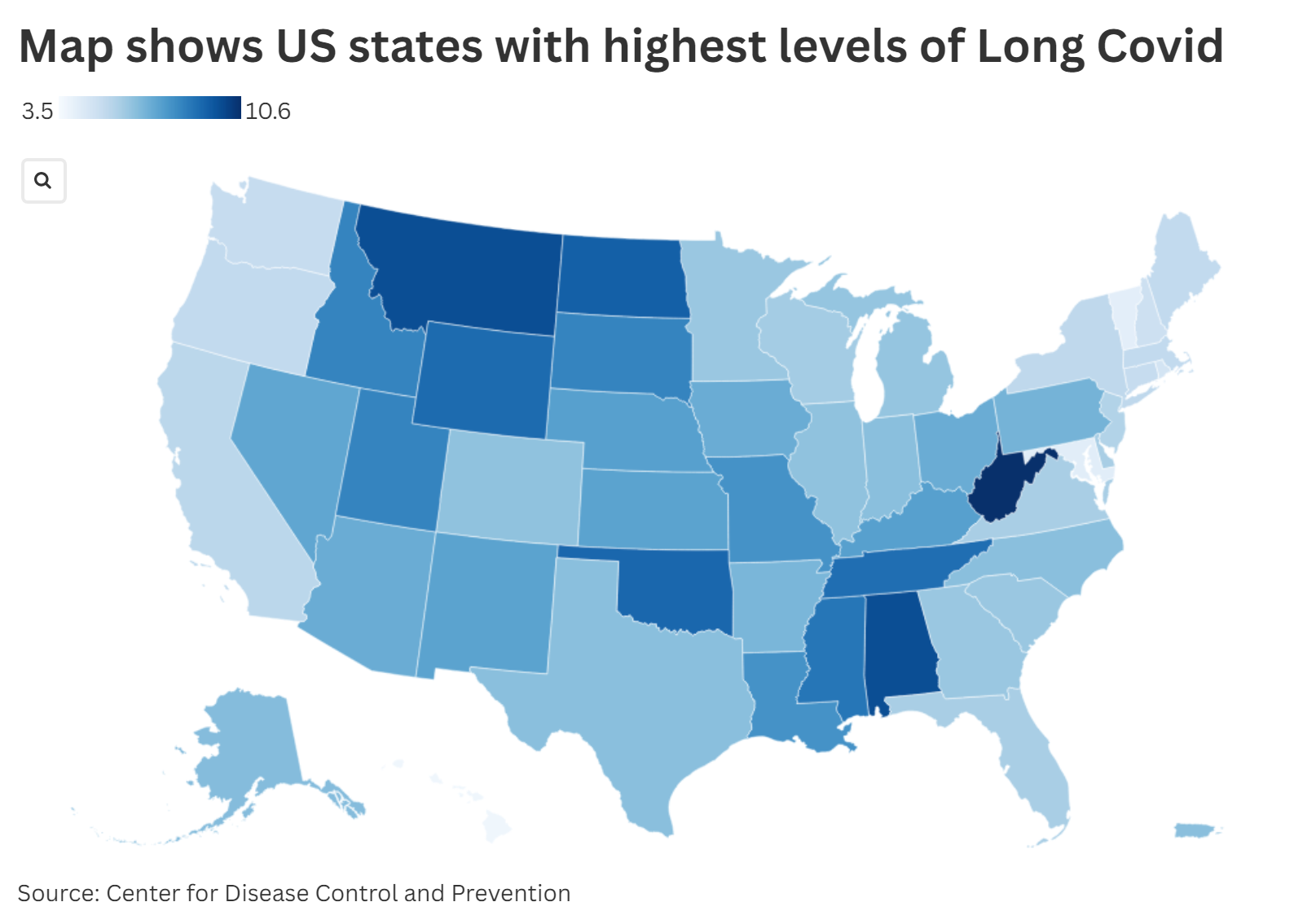Donald Trump's former personal attorney and fixer Michael Cohen has confirmed long-held suspicions about his role in Trump's inner circle.
During a recent episode of his podcast, Mea Culpa, Cohen acknowledged that he consciously filled the role of the late Roy Cohn for the former president. The revelation came during a conversation with Gabriel Sherman, writer of the newly released film The Apprentice, which explores Trump's rise to power and his relationship with Cohn, the infamous lawyer and fixer.
Asked by Sherman if he believed he ended up filling Cohn's role for Trump, Cohen responded unequivocally: "One hundred percent. And, in fact, I met Roy when I was a young kid when I was working in a place in Brooklyn."
Cohn, who first gained notoriety as Senator Joseph McCarthy's chief counsel during the anti-communist hearings in Congress in the 1950s, later became a powerful New York lawyer with ties to politicians, mobsters and celebrities.

He mentored the young Trump in the 1970s, teaching him aggressive legal and public relations tactics that would become hallmarks of Trump's business and political career.
The timing of Cohen's admission is particularly noteworthy, coming in the wake of Trump's recent legal troubles.
On May 30, a jury convicted Trump on all 34 counts of falsifying business records relating to hush money paid to former adult film actress Stormy Daniels. Daniels claimed she and Trump had sex in 2006 and that she accepted $130,000 in hush money from Cohen before the 2016 election.
Trump has consistently denied any sexual involvement with Daniels, who detailed her alleged encounter with the former president in a 2018 CBS News interview. The conviction came while Trump was the presumptive GOP presidential nominee, before his confirmation at the Republican National Convention.
Cohen's own legal troubles ended his role as Trump's personal attorney and fixer. He pleaded guilty to multiple charges, including campaign finance violations related to the hush money payment, and served three years in federal prison.
His fall from grace mirrors, in some ways, the fate of Cohn, who was disbarred six weeks before his death in 1986 for ethical misdeeds, including stealing money from and defrauding clients.
In a recent development, Cohen is now seeking damages from Trump and other federal officials who allegedly conspired to keep him in prison as punishment for writing about Trump in his memoir. Cohen's counsel, Jon-Michael Dougherty, filed a brief to the Supreme Court on October 2, asking the justices to accept the case.
The brief says that Trump blocked Cohen's prison release, arguing that the government revoked Cohen's approved release to home confinement as punishment for his speech criticizing the president.
"The issue is whether the government can revoke a prisoner's approved release to home confinement as punishment for his speech criticizing the president and to prevent further such speech," Dougherty wrote. He compared the importance of the case to the Supreme Court's legalization of same-sex marriage in the Obergefell v. Hodges case.

This legal action comes after a federal appeals court rejected Cohen's attempt to revive his lawsuit against Trump, former Attorney General Bill Barr and other Justice Department officials for allegedly retaliating against him for promoting his anti-Trump memoir.
Meanwhile, The Apprentice, released on October 11, has angered the former president. Trump lashed out at the film on his social media platform, Truth Social, calling it a "FAKE and CLASSLESS Movie" and a "cheap, defamatory, and politically disgusting hatchet job."
Trump's campaign communications director, Steven Cheung, said in an email to Newsweek that the film was "pure malicious defamation" and accused the filmmakers of fabricating scenes and creating fake stories.
Sherman maintains that all scenes in the movie are based on records of real events.




















 English (US) ·
English (US) ·